Feeling stressed? Feeling awkward in social situations? Try falling in love. Scientists are finding that chemicals released in the body when someone falls in love may be the key to helping those who have psychological 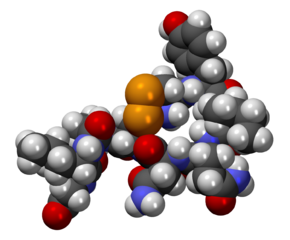
According to Web MD, neurotransmitters such as dopamine, serotonin and hormones, such as adrenaline and more importantly oxytocin, are released into the body when you experience feelings of being in love.
Oxytocin, also known as the “love hormone”, has been shown to help with social bonding and boost trust. Produced in the hypothalamus in the brain and then released in the blood stream by the pituitary gland, oxytocin not only helps with bonding but also with labor and lactation.
Studies have now begun using this hormone to help with symptoms of anxiety, depression, schizophrenia and post-traumatic stress disorder, as well as aid social ability in people with autism. This suggestion may sound odd, but in studies done on other mammals, the hormone has shown promising signs of helping to enhance social abilities.
According to MyHealthNewsDaily, monkeys with higher levels of oxytocin groomed each other for longer periods. Mice given the hormone huddled together. More specifically in a 2009 study done by Diane Witt, assistant professor of psychology at State University of New York at Binghamton, when female mice without children were injected with oxytocin, they began to care for others females’ young.
In search of the same effect on humans, men were given oxytocin and then shown pictures of people’s faces. In the study published in 2010, the researchers found that the men looked at the person’s eyes more often. “People look to the eyes to read another’s emotional state and trustworthiness,” Kai MacDonald, an adjunct professor of psychiatry at the University of California, San Diego, and the lead of the study, told MyHealthNewsDaily.
One of the most important studies with oxytocin, published in a 2007 report in Biological Psychiatry, involved patients who actually suffered from schizophrenia. When oxytocin was taken with anti-psychotic medication, patient symptoms improved and their hallucinations occurred less often compared to those taking a placebo.
The Montefiore Medical Center in New York has shown promising results for therapy using the hormone oxytocin, as well. One study published in 2010 involved the amygdala, the part of the brain that controls fear and anxiety. People with autism are known to have a highly active amygdala.
“If you then give those people oxytocin, they don't get as much amygdala activation, so there's less of this fight-or-flight, threat, fear response,” said Eric Hollander, the director of the Compulsive, Impulsive, and Autism Spectrum program at Montefiore Medical Center. Simply said, less activity within that region means less fear and anxiety. Which, as stated by Jennifer Bartz, a professor of psychiatry at Mount Sinai School of Medicine, “could allow people to attend to social cues maybe they normally would avoid.”
MacDonald says that the hormone might also treat individuals with “high functioning autism” or Asperger’s syndrome, balancing the naturally lower levels of this hormone in their body. Oxytocin may not completely fix the troubles individuals with Asperger’s syndrome have interacting with others, but it may improve their feelings of partaking in social situations.
Does oxytocin sound like a miracle hormone yet? Many more studies have been done to testify to that, but effects of the hormone are still being tested. And even though your body produces oxytocin naturally, some worry that someone taking it as therapy for a disorder could have long-term effects, especially women because the hormone is used to induce labor. Oxytocin has not yet been approved or disapproved as a proper treatment for social disorders. But, MacDonald said, “that would be a lovely therapeutic venue.”
Mercedes Sherrow

This work is licensed under a Creative Commons Attribution-NonCommercial-NoDerivs 3.0 Unported License
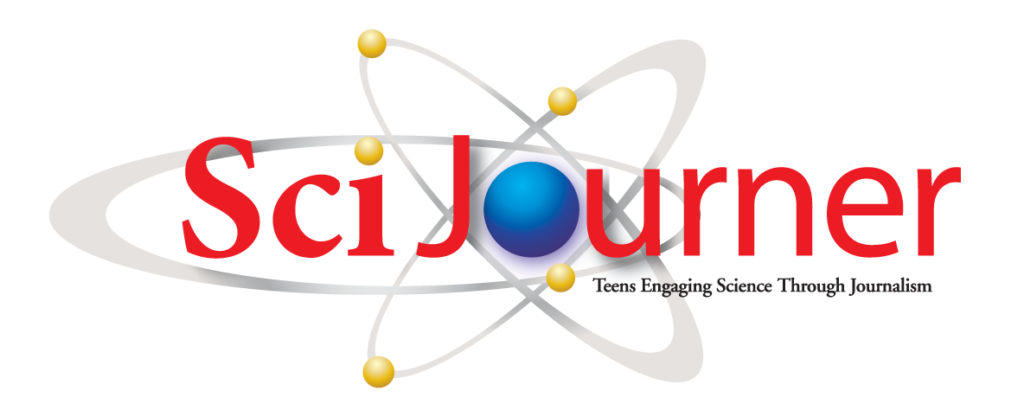

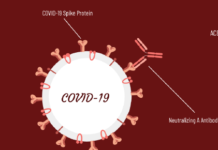
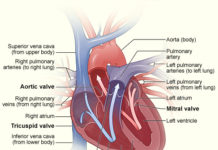
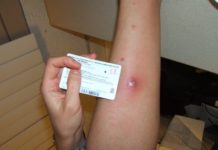
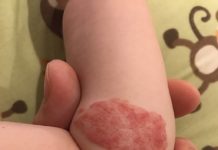

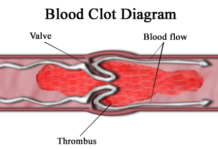






A very interesting article and nicely done. Great job, Mercedes.
One of the best articles I have read so far! The title was attetion getting and once you begin reading the article you just cant stop. I found this article especially interesting because I have a cousin with Autism and the fact that there is this drug that can help even more with him being involved with other people and everyday sitituations is truly a miracle.
:gamba i have to say that this was an outstanding article for me because i am know as a "hopeless romantic," and to know that love could do so much for somebody gives hope to many in time of need. I also favored how you had so many people and organizations cited. It would have been nice to know why we produce the "love hormone" though…maybe making another article out of this like why we love.
Great article! really intresting!
Godd article, but you could have given more information about the other chemicals that affect a persons brain, and more examples of how these chemicals affect humans.